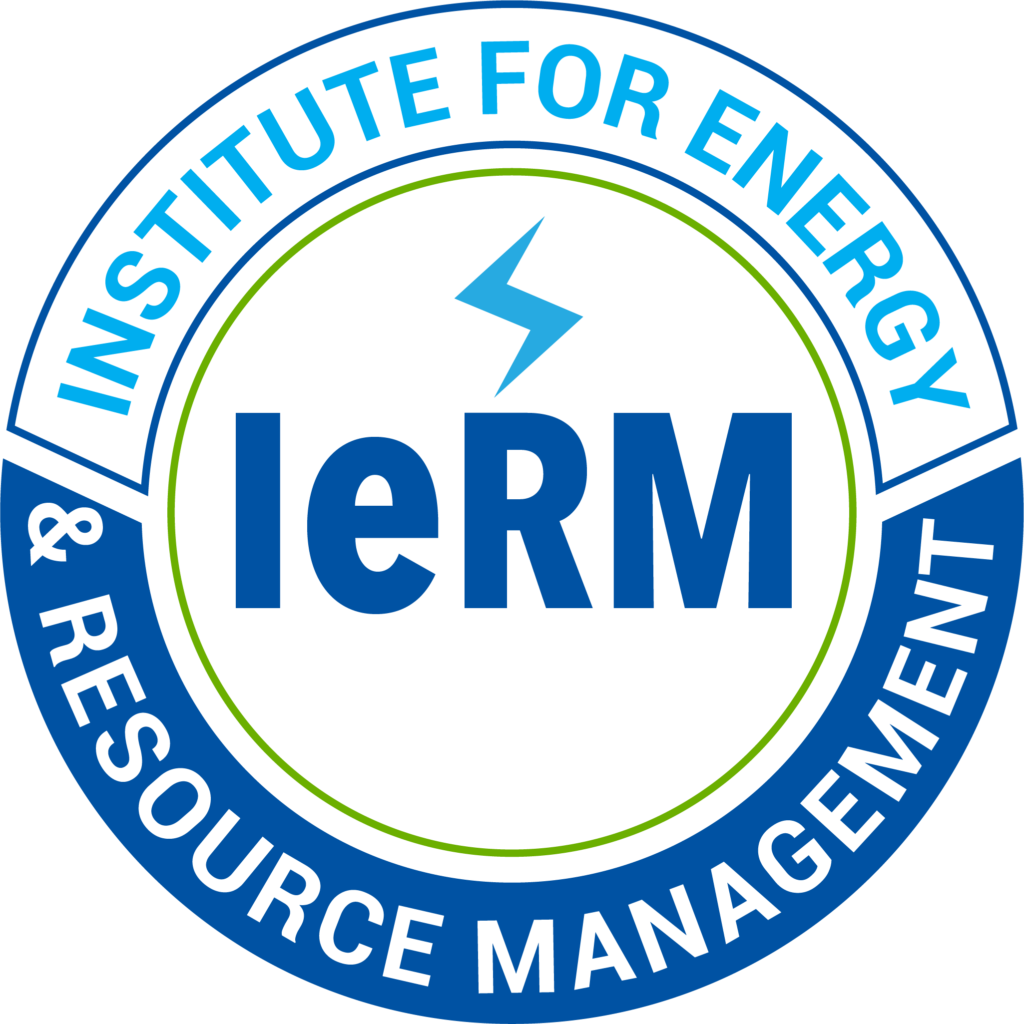The concerns about long-term landfill management expressed by experts across scientific disciplines like Wanless and Sachs are shared by Nick Lapis, the director of advocacy at Californians Against Waste. “The problem with landfills is that they never go away. You have to manage them in perpetuity, and there isn’t a liner or cap that is warrantied to last for that long,” he says. “And they’re not stable. They move and shrink as their contents decay, and the plastic liners will get brittle and crack as the pressures cause them to fold over on themselves. Sooner or later they will fail, as will the clay liners, and the effects of any failure can be absolutely devastating on the environment.” He adds, “From a financial standpoint the original owner, if [the landfills] were privately owned, is often long gone by the time they fail, so taxpayers will be left on the hook.”
Uncontrolled waste fires burn at much lower and inconsistent temperatures, which means combustion is incomplete. This releases substances from the waste and creates new ones as molecules are decomposed and reformed in the flames. Dioxins and related compounds are often formed when PVC is burned in open fires. At least 30 of these types of compound are considered harmful to human health. They can persist in the environment for years and in the human body for perhaps a decade or more. There is evidence they can damage the brain and disrupt hormones.
While there is no doubt that the prevention of municipal solid waste (MSW) generation should sit at the top of any public policy, industrial strategy and individual behaviour, just like reducing the consumption of energy, this proposition might mislead the public into thinking that waste can suddenly disappear if only we had the will to make it happen. Despite these unattainable expectations, the ‘Zero Waste’ concept has become a viral and omnipresent phrase in recent years. A Google search of this term shows around half a million hits, as of March 2020, and countless government and non-governmental organisation initiatives worldwide. Zero Waste seems to be the only acceptable aim for today’s politicians who embrace an environmentally friendly platform. As a result, countries and municipalities all over the globe have committed themselves to achieving the goal of Zero Waste. So far, however, nobody has managed it, and given the many scientific and practical roadblocks, no one ever will.
The Confederation of European Waste-to-Energy Plants (CEWEP) has welcomed the recognition of waste management as a sector providing an essential service to society by Virginijus Sinkevičius, the European Environment Commissioner, on the occasion of the publication of a guidance on waste shipment in the context of the COVID19, and emphasised the…
As rain falls on landfill sites, organic and inorganic constituents dissolve, forming highly toxic chemicals leaching into groundwater. Water that rinses through these chemicals collects at the base of the landfill and usually contains high levels of toxic metals, ammonia, toxic organic compounds and pathogens. This can result in serious contamination of the local groundwater. Even more dangers, this mixture usually creates a high biological oxygen demand, meaning it can quickly de-oxygenate water. If or when these noxious chemicals reach rivers or lakes, it could result in the death of aquatic life.




